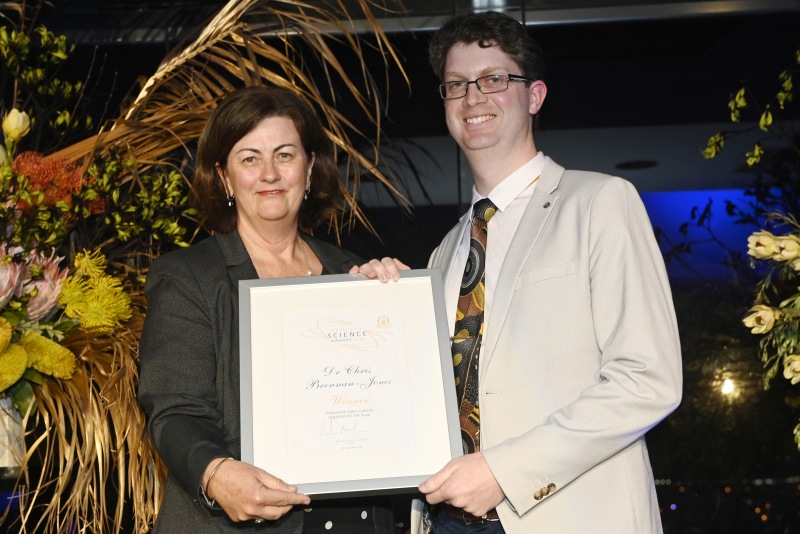Search
Showing results for "mental health aboriginal"
Research
Maternal mental health and risk of child protection involvement: Mental health diagnoses associated with increased riskThis WA data linkage study aims to assess whether maternal mental health problems are associated with worse child development outcomes, children’s safety and...
Research
An Exploration of LGBTQA+ Young People’s Coping Strategies When Navigating Suicidal Thoughts and BehaviorsLGBTQA+ young people experience suicidal thoughts and behaviors at a much greater rate than their heterosexual and cisgender peers. This study explored firsthand accounts of the coping strategies employed by LGBTQA+ young people when experiencing suicidal thoughts and behaviors.
Research
GPS Parenting Program. Navigating parenting trans and gender diverse young people with a group-based program: A single-blind randomised controlled trial of efficacy and acceptability.Many families of trans young people tell us they feel unsure, stressed, or alone as they try to support their child.
Research
Chronic wet cough in Aboriginal children: It's not just a coughResults highlight the need for a culturally appropriate information and education of the importance of chronic wet cough in children
Research
Severity and persistence of asthma and mental health: a birth cohort studyThe goal of the current study was to investigate asthma and mental health among youth in the community.

News & Events
The Kids researchers honoured at Premier’s Science AwardsCongratulations to Telethon Kids Institute researcher Dr Chris Brennan-Jones who was named Woodside Early Career Scientist of the Year at last night’s 2020 Premier’s Science Awards.
Research
The relationship between physical activity, self-regulation and cognitive school readiness in preschool childrenLimited research exists on the pathways through which physical activity influences cognitive development in the early years. This study examined the direct and indirect relationships between physical activity, self-regulation, and cognitive school readiness in preschool children.
Research
The Development and Implementation of a Culturally Safe Survey for Measuring Knowledge, Attitudes and Values around FASD and Alcohol Use During Pregnancy in a Remote Australian Aboriginal Community SettingGlenn Martyn Pearson Symons BA (Education) PhD Candidate B.A. (Hons) PhD. Director of First Nations Strategy and Leadership; Head, First Nations
Research
Association between early bacterial carriage and otitis media in Aboriginal and non-Aboriginal childrenStreptococcus pneumoniae (Pnc), nontypeable Haemophilus influenzae (NTHi) and Moraxella catarrhalis (Mcat) are the most important bacterial pathogens...
Research
Using Linked Population Data to Investigate the Impact of Intimate Partner Violence on Children's OutcomesMelissa Rebecca O'Donnell Glauert BPsych (Hons), MPsych, GradDip Ed, PhD BPsych (Hons) PhD Honorary Research Associate Honorary Research Associate 08
